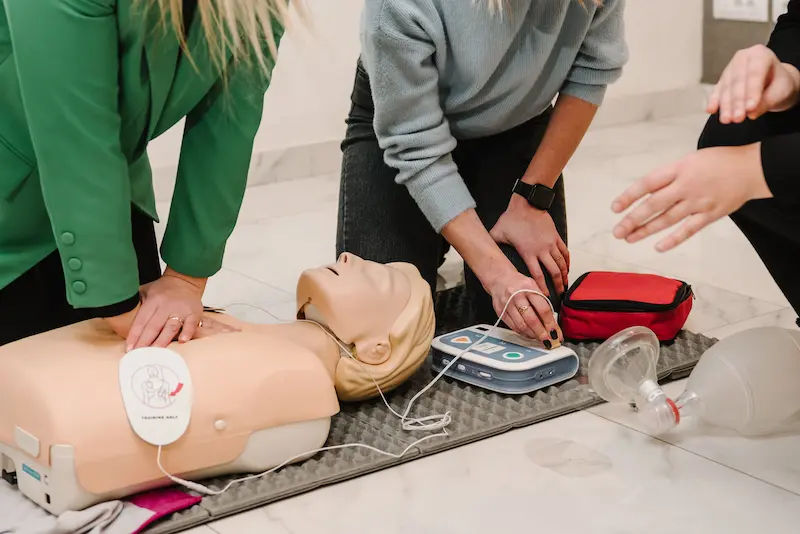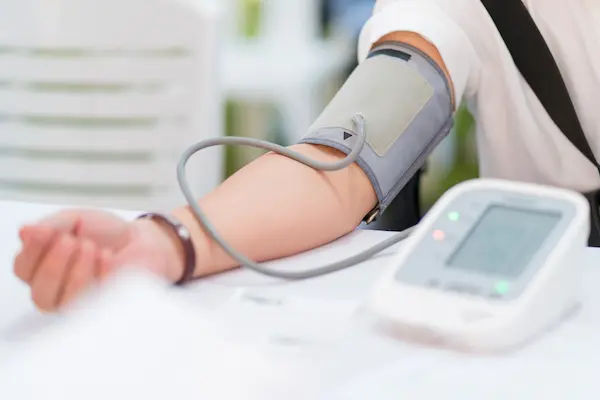- Male
- 14 Years
- 29/01/2025
Could a heart hole that my cousin had as a baby still be an issue now that he's 14 years old? Should we be worried about any lingering effects, or is it likely that it closed up on its own over time?
Answered by 1 Apollo Doctors
It is possible that your cousin still has a heart hole, also known as a congenital heart defect. To determine if the hole is still present, he would need to undergo medical evaluation, which may include imaging tests such as an echocardiogram. Treatment options for a heart hole may include medications such as aspirin or blood thinners, and in some cases, surgical intervention may be necessary. It is important for your cousin to follow up with a cardiologist for further assessment and management.
Dr. Ibrahim Suggests...
Consult a Cardiologist
Answered 04/07/2025
0
0


Ask Apollo
AI powered Health Chatbot
-
Heart Hole Overview
A heart hole, such as an atrial septal defect (ASD) or ventricular septal defect (VSD), can sometimes close on its own during childhood. -
Potential Lingering Effects
- Some defects may persist.
- Symptoms like fatigue, shortness of breath, or frequent respiratory infections could indicate issues.
-
Recommendation
- Follow-up with a cardiologist is crucial to assess current heart function.
- Many children with small defects do well without complications.
-
Reassurance
- It's common for small defects to resolve naturally, but monitoring is important to ensure your cousin's health.
Recommended next steps
Consult a Paediatric Cardiologist
Answered 20/08/2025
0
0
More Cardiology Health Queries
View allI'm just wondering, after having an angiogram and getting a 3.2 stent placed, how long will I need to be on all these meds? I'm currently taking BRILINTA 90mg, ECOSPRIN 75mg, ALDACTONE 25mg, CARDACE 2.5mg, LASIX 40mg, IVABRAD 5mg, and ATOPLIP 80mg. It's a bit overwhelming and I'd like to know more about the typical duration for taking them.
few medicines like ecospirin ,cardace are for lifetime. kindly consult your cardiologist for your further medication list
Answered by 1 Apollo Doctors
I'm feeling pretty anxious because I've had this heavy feeling in my chest since yesterday. I went for an ECG and it showed Tall T waves. Is this something I should be really worried about? I'm attaching my ECGs, and the second one was done an hour after the first. Could this possibly be hyperkalemia because I had a couple of coconut waters and eggs? Would appreciate any clarity on this.
Tall T waves in an ECG can be a sign of hyperkalemia, which is high potassium levels in the blood. It can be life-threatening if not treated promptly. To lower your potassium levels, you can take medications like Kayexalate to help remove excess potassium from your body. The usual dosage is 15-60 grams orally 1-4 times a day. Additionally, you should avoid high potassium foods like coconut water and bananas. It is important to follow up with your doctor for further evaluation and management.
Answered by 1 Apollo Doctors
Hey, I'm really worried about heart blockages and was wondering if there are any medicines or foods that can help reduce them, maybe even by half or some percentage, if I take them regularly?
There are medications that can help reduce heart blockage, such as statins like Atorvastatin or Rosuvastatin. These medications help lower cholesterol levels and reduce the risk of plaque buildup in the arteries. It is important to take these medications as prescribed by your doctor. Additionally, incorporating a healthy diet rich in fruits, vegetables, whole grains, and lean proteins can also help improve heart health and reduce the progression of heart blockage. Regular exercise and maintaining a healthy weight are also important factors in reducing heart blockage.
Answered by 1 Apollo Doctors
Disclaimer: Answers on Apollo 247 are not intended to replace your doctor advice. Always seek help of a professional doctor in case of an medical emergency or ailment.




